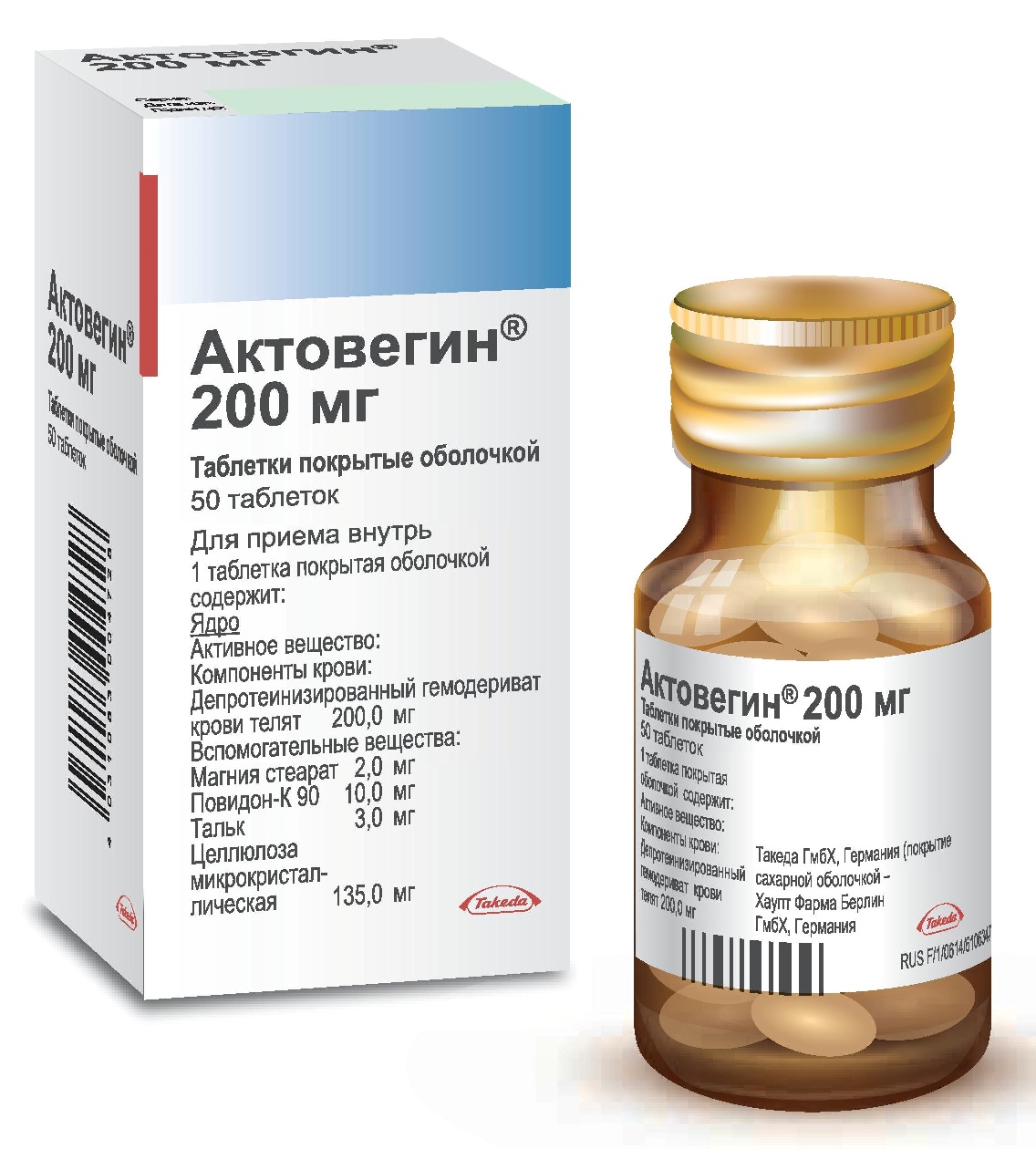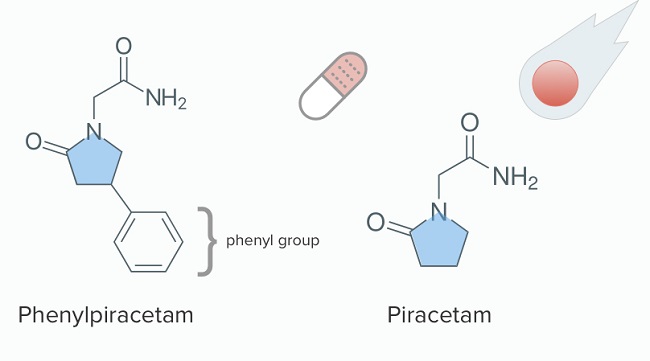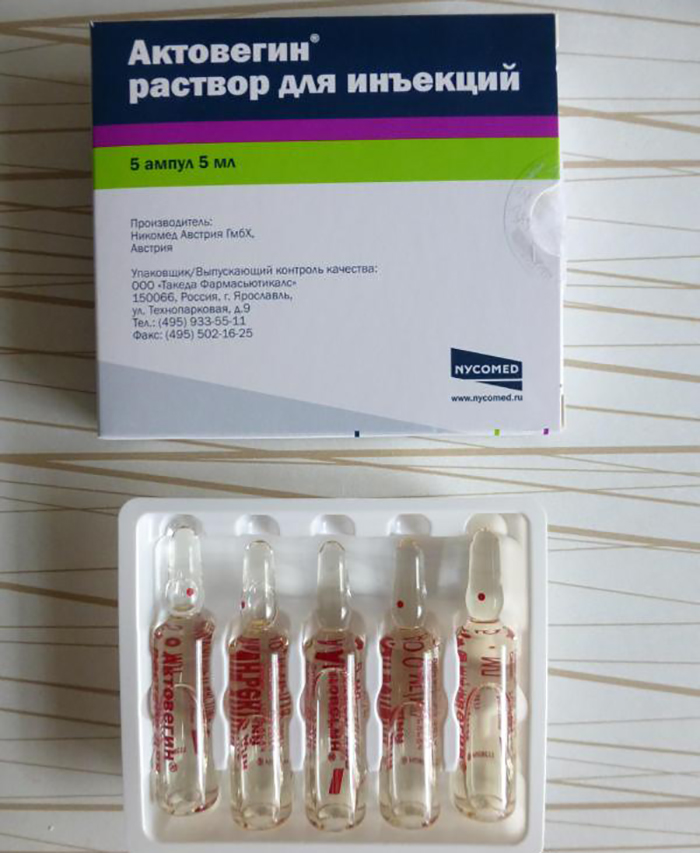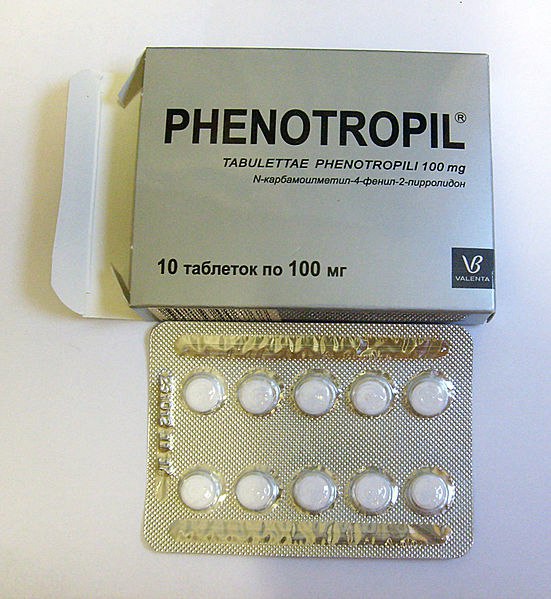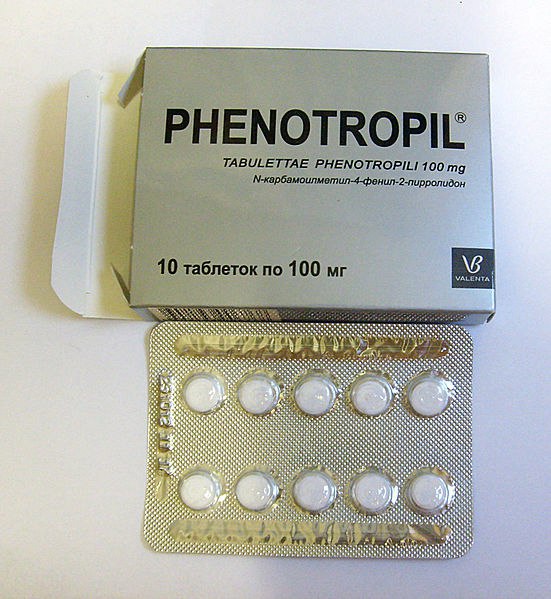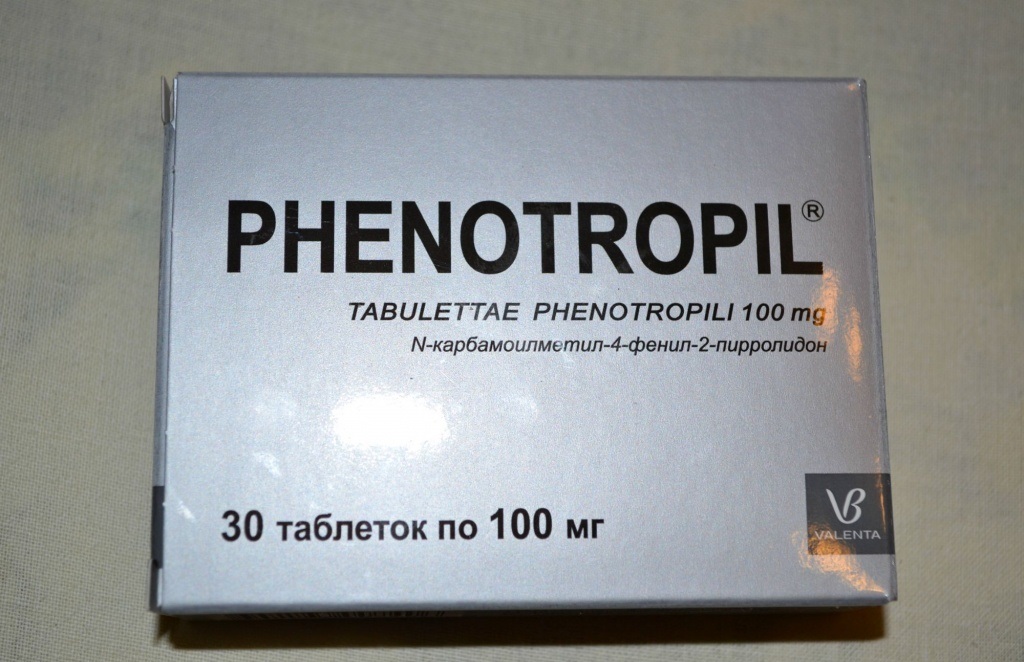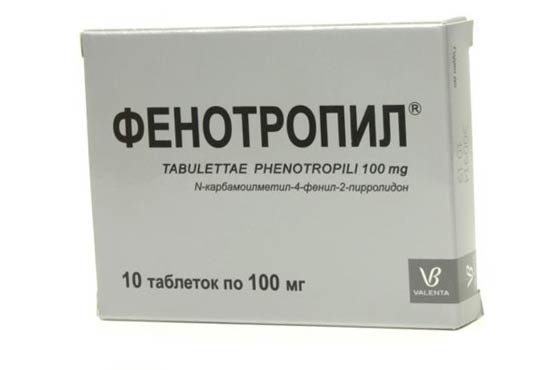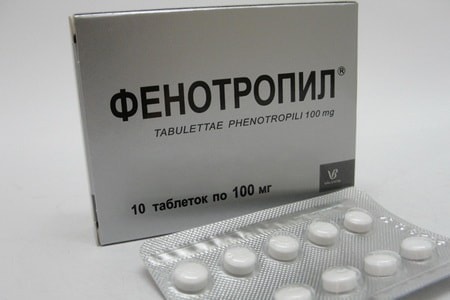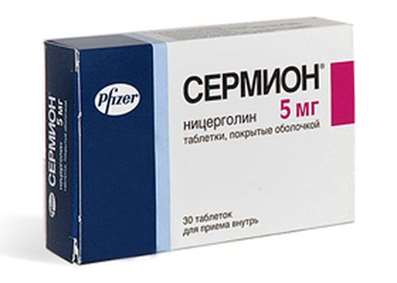Actovegin for children
19 Jul 2018
Actovegin - injections, pills, ointment and gel - for children. Intravenous or intramuscular?
Actovegin and Children: CNS
Many parents, not having medical education, read on the Internet various diagnoses and try to ascribe them to their child. Immediately say that this path will not lead anywhere: you need to consult with specialists, and only then you can and need to look for information for yourself, in order to better understand the situation and how to deal with it.
Most often in young children there are neurological diseases associated with a complicated mother's pregnancy and / or difficult births.
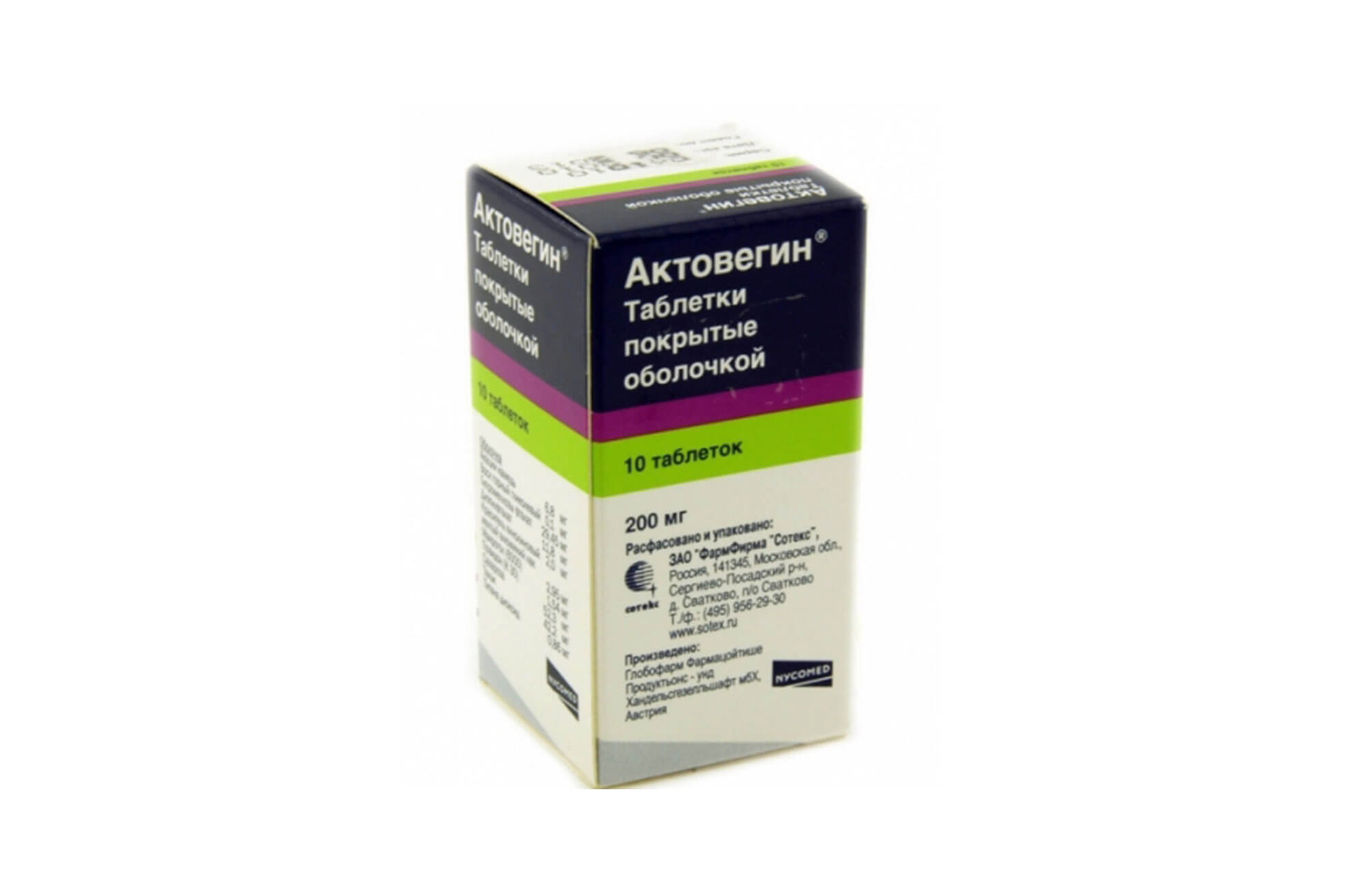
Drug Actovegin is one of the most popular drugs used in this complex situation.
According to the global statistics (medical), CNS lesions in children occupy one of the leading places in the general pathology of the organism, since the brain is very sensitive to oxygen starvation.
During the period of perinatal development, the baby's brain is often affected by the pathology of pregnancy. Especially acute is the problem in premature infants. In the absence of competent and timely treatment, such children are often at risk of disability.
So do Actovegin prescribe pregnant women for pathological pregnancy?
We respond positively: yes, prescribe Actovegin to pregnant women with poor blood circulation in the placenta, when there is a real threat to the fetus (a detachment of the fetal egg is possible).
Assign to pregnant and with the threat of miscarriage, and with diabetes of a pregnant woman.
Duration of treatment, as well as the number of courses of Actovegin are appointed individually by a doctor.
Treatment with Actovegin: intramuscular (no more than 5 ml) or intravenous (the initial dose is not more than 10-20 ml).
The intramuscular method of administering Actovegin (less effective and more painful) is used, as a rule, in the event that there is no possibility of intravenous injection of Actovegin!
Why did we start the conversation in this article with the problem of pregnancy pathology? Because it has a direct relationship to children: to what they will be born and grow up (healthy or sick).
Let us dwell on the use of Actovegin in newborns and infants with CNS lesions as a result of complications in the perinatal period.
Regurgitation and vomiting in children of the first months of life is a serious problem. Many specialists in their works write that these manifestations are the result of hypoxic involvement of the child's CNS in the perinatal period. Such children become "hostages" of campaigns on gastroenterologists. They often change mixtures, change probiotics and prebiotics. But, as a rule, in 65% -90% of cases everything turns out to be unsuccessful. Parents and doctors associate the hyperexcitability of the child with intestinal dysbiosis, and children's neurologists are often limited to Pantogam and massage.
In his article "The use of Actovegin in newborns and infants with PPNS," the authors LA Khoroshkina and V.V. Dulinets describe the experience of treating such children in the maternity hospital N.1 in Omsk. They describe the results of clinical trials. The authors write that in 98% of cases such children had a hypoxic lesion of the central nervous system (CNS) in the perinatal period. As a result of the complex treatment with other drugs (also improving the cellular metabolism), which included intramuscular injection of Actovegin, the state of children improved, and there was an obvious therapeutic effect. And there were no side effects of Actovegin: the medicine was well tolerated by children.
In the treatment of children with vomiting and regurgitation parenteral route of administration of Actovegin is preferred, although in general the treatment of children with Actovegin is preferable in tableted form.
When parenteral administration of Actovegin (bypassing the gastrointestinal tract), children are usually given intramuscular injections or intravenous infusions in the case of PPNS (perinatal damage to the nervous system).
According to the instructions to the drug Actovegin, dosage of administration of Actovegin to children is as follows:
Newborns are prescribed in a dose of 0.4-0.5 ml / kg 1 time per day IM or IV; children aged 1-3 years - in a dose of 0.4-0.5 ml / kg once a day IM or IV; 3-6 years - 0,25-0,4 ml / kg once a day in / m or in / in;
Children from 6 to 12 years of age are prescribed 5-10 ml per day;
and children over 12 years old - 10-15 ml per day.
For non-severe forms of PPNS, Actovegin is prescribed by a pediatric neurologist in the form of tablets (1 tablet per day).
Treatment with Actovegin is performed on an outpatient basis (Actovegin as part of complex therapy).
Children's neurologists use Actovegin when children are lagging behind in neuropsychological development, with a backlog in their studies.
Actovegin acts quite slowly, but in the complex treatment can achieve therapeutic success.
In severe forms of PPNS parenteral treatment is performed in a hospital.
Treatment is also complex.
Before the introduction of Actovegin, children are given a test for the medicine (for an allergic reaction)!
The injection of Actovegin is quite painful, so the children of Aktovegin are combined with Novokain (after the skin test).
Being basically a hood from calf blood, Actovegin has, therefore, a physiological basis, therefore, in principle, it is a fairly safe medication, which has found wide application in practice.
Apply Actovegin and in the treatment of head trauma (craniocerebral injury), which is not uncommon in children. But it is necessary to watch how the child is suffering with Actovegin treatment, at least in the first days (skin reaction, presence of fever and other reactions.).
In case of side effects, treatment with Actovegin is immediately canceled, replaced with other drugs.
Although side effects from therapy with Actovegin are rare, nevertheless individual intolerance of the drug is possible.
Before starting therapy, you should also read the contraindications to the use of Actovegin.
In previous articles on the blog All about Actovegin you will read that Actovegin is not indicated for use in pediatric practice. And this really corresponds to the instructions to the drug Actovegin, as there is not enough evidence for its use in children.
However, in practice, Actovegin is used in hospitals and at home.
In most cases, its use is without complications: Actovegin is well tolerated by patients.
Nevertheless, before the therapy Actovegin, the doctor should be thoroughly informed about all the diseases of the child.
As a rule, Actovegin in children is used in very difficult situations, when it is assumed that the therapeutic effect of treatment with Actovegin can exceed the possible risks.
These are diseases such as acute disorders of cerebral circulation, TBI, metabolic processes, etc.
Actovegin is also available in the form of an ointment, gel, eye gel. And we highly recommend having it in your home medicine cabinet.
Usually both ointment and gel Actovegin are well tolerated by both adults and children (they are used for burns, wounds, abrasions).
Neither ointment nor gel Actovegin contain toxic components. But a local reaction is possible in the form of burning, itching, so before using them in children, we advise you to consult a doctor.
Actovegin - prescription medication: independent treatment of children (without medical appointment) is unacceptable!

 Cart
Cart

